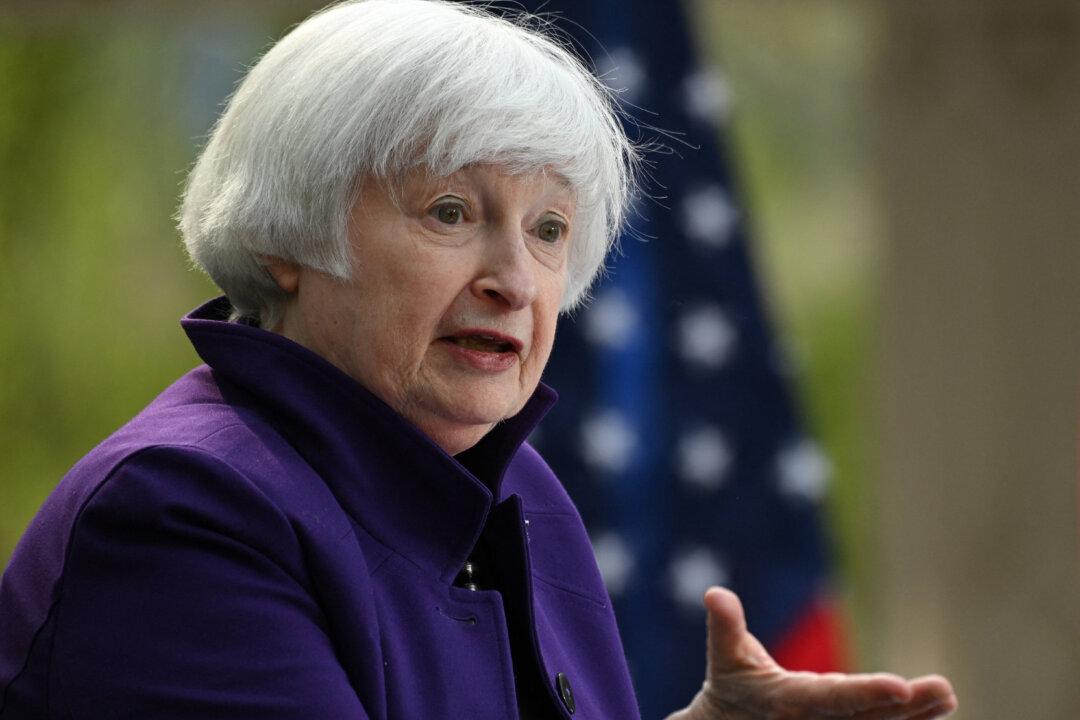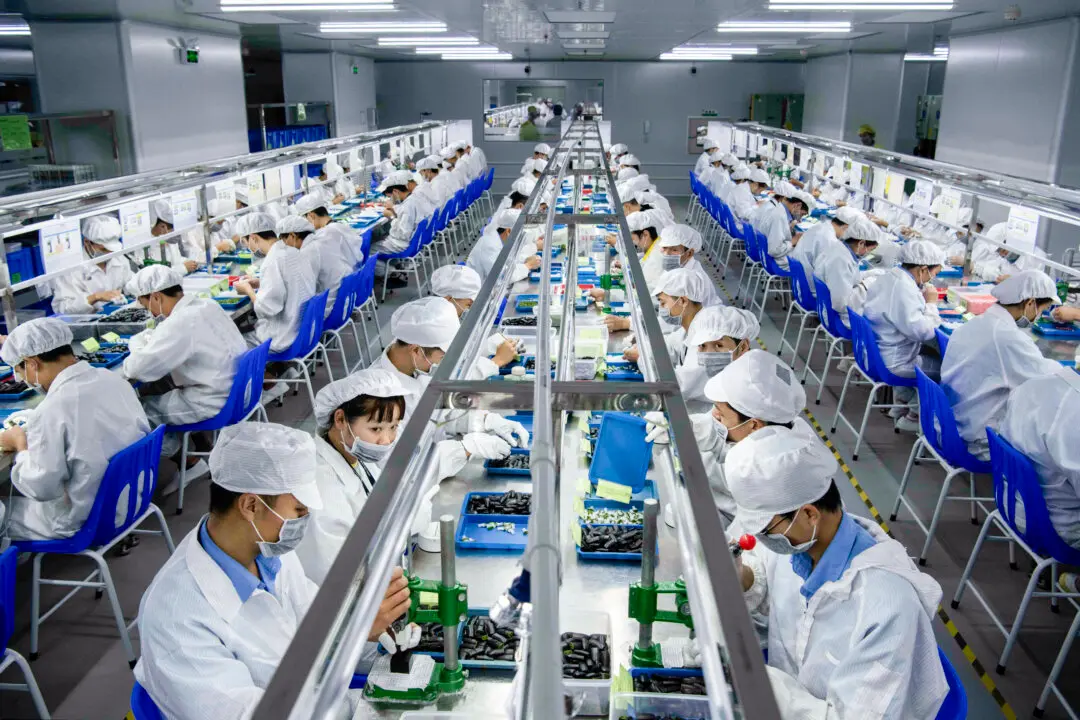China commonly floods global markets with cheap products, and the United States will not allow this to threaten U.S. jobs, Treasury Secretary Janet Yellen said on April 8 as she concluded a return visit to China.
After Bejing’s acceptance into the World Trade Organization, massive quantities of low-priced products exported from China killed about 2 million jobs in the United States and led to the hollowing out of industrial production in many parts of the country, Ms. Yellen told reporters in Beijing, calling it the “first China shock.”




